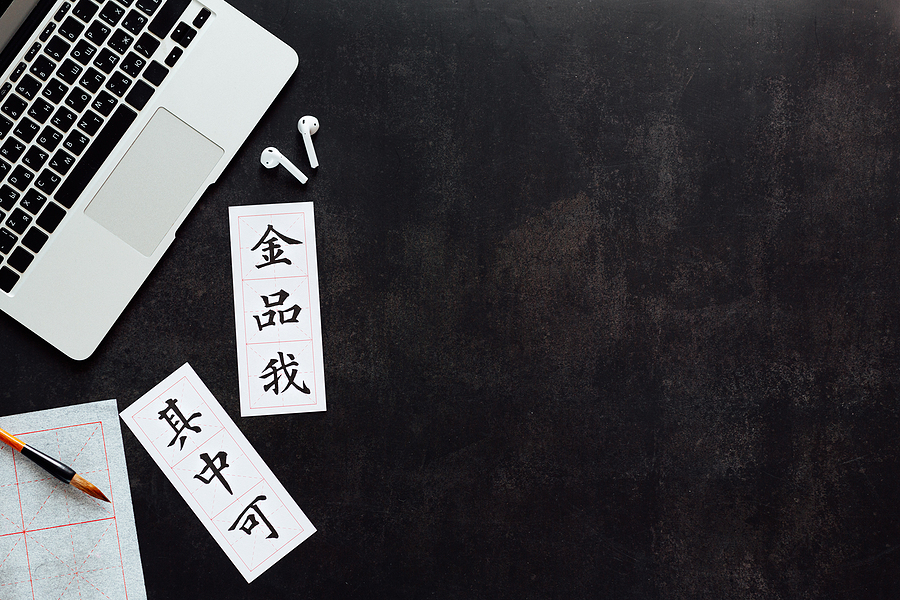The official language of China is Mandarin, which is also called “Putonghua”. More than 70 percent of the Chinese population speaks Mandarin, but there are other major dialects that are used in China.
Challenges faced by Chinese translators when translating from English to Chinese or Chinese to English.
-
Use of characters instead of letters
Even though there are different types of Chinese the Chinese text use exactly the same written characters. This is similar to languages like Korean and Japanese. Chinese does not have an alphabet that is like English. However, China has taken on a phonetic system that uses Latin letters, which helps children to learn to speak and write but it is not often used. Latin languages form words using 26 letters but the Chinese language uses literally thousands of characters to form words and phrases. All characters take up one syllable.
Two main styles are used for writing these Chinese characters which are Simplified and Traditional Chinese. Simplified Chinese is the most modern and started to be used in the 1950s and 1960s. The key differences between Simplified Chinese are the number of characters and the use of a simpler style. Western punctuation is used with Simplified Chinese.
-
Understanding sentence structures
When in the process of learning a new language you need to gain a good knowledge of sentence structure. Chinese word order is not much different from the English language word order. The most basic word order in Chinese is subject and then verb. Simple sentences can be formed with only two words.
-
Different dialects
These are Xiang (Hunanese), Yue (Cantonese), Gan dialect, Min dialect, Wu dialect, and Hakka or Kejia dialect
-
Complex grammar system
Chinese grammar is quite straightforward and doesn’t have plurals or tenses. Chinese nouns don’t have plurals, and verbs do not have any changes in voice, tenses, and the subjective. Chinese words only use one unique form. Chinese often puts adverbials that indicate place, time, and way in front of a sentence, while English normally puts these at the back of the sentence.
-
Tones
Pronunciation is essential to speaking Chinese. Four main tones will totally alter word meaning based on how it is spoken:
Tone-1st
Example-mā
Sounds Like-A constant, a high pitch that is similar to the way an English speaker pronounces an exclamation of surprise
Tone-2nd
Example-má
Sounds Like-An upward, rising inflection, similar to the way an English speaker ends sentences with a question.
Tone-3rd
Example-mǎ
Sounds Like- A tone that is low and dips down as it is spoken. It is similar to the way an English speaker ends sentences with a period.
Tone-4th
Example-mà
Sounds Like-A hissing, low sound like a whisper.
The use of tones significantly changes the meanings of Chinese words and is as difficult to learn as are agreements, tenses, or the word order of a grammatical structure of a Latin language.
What to look for in a Chinese translator
If you would like your business to enter the Chinese market, you should request the best translator you can find. This means an experienced language translator who has ties with a reputable and certified translation agency and is able to create a professional Chinese translation. Asking for previous client testimonials from the language translator is a good way to learn about the qualities of the Chinese translator and their ability to perform English to Chinese and Chinese to English translations.
Hire a professional Chinese translator to do your Chinese to English translations and English to Chinese translations and you will get the accurate translations you require for the interactions you wish to have in China.




















